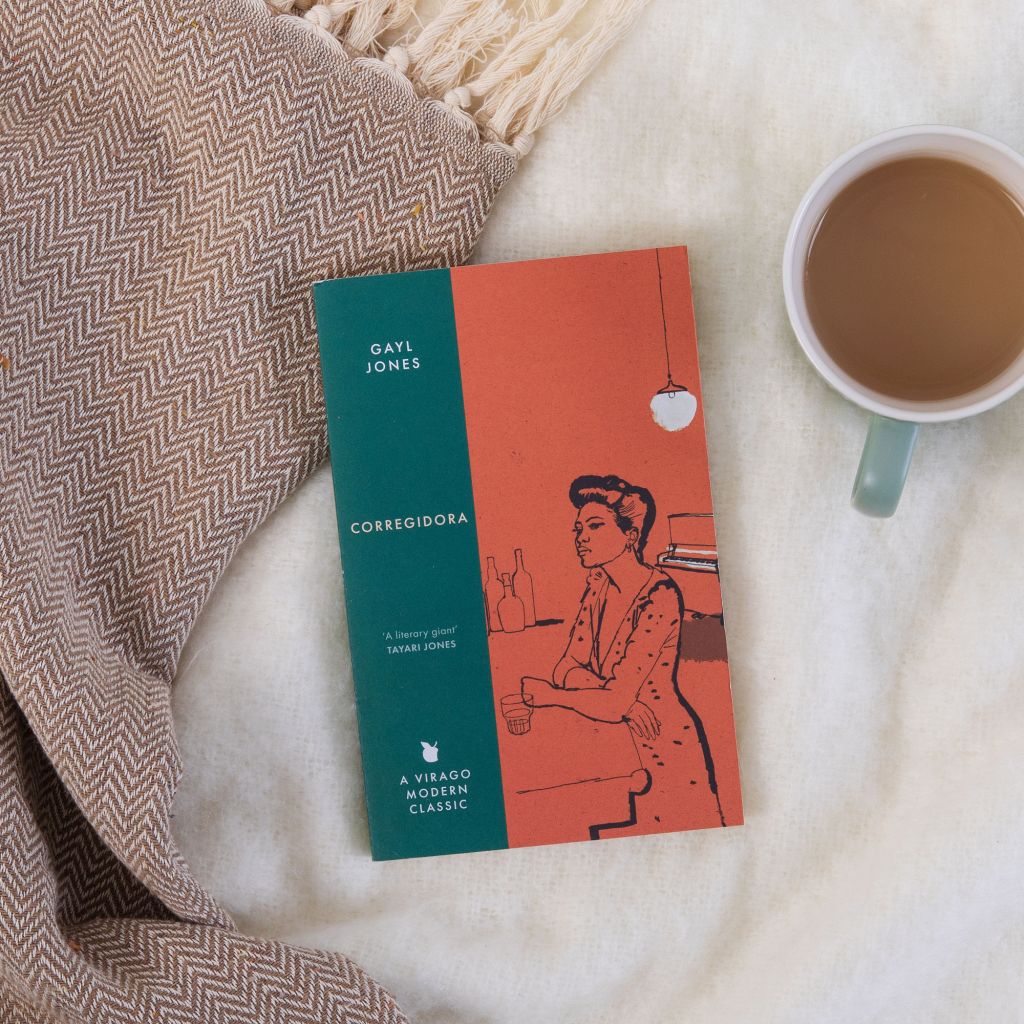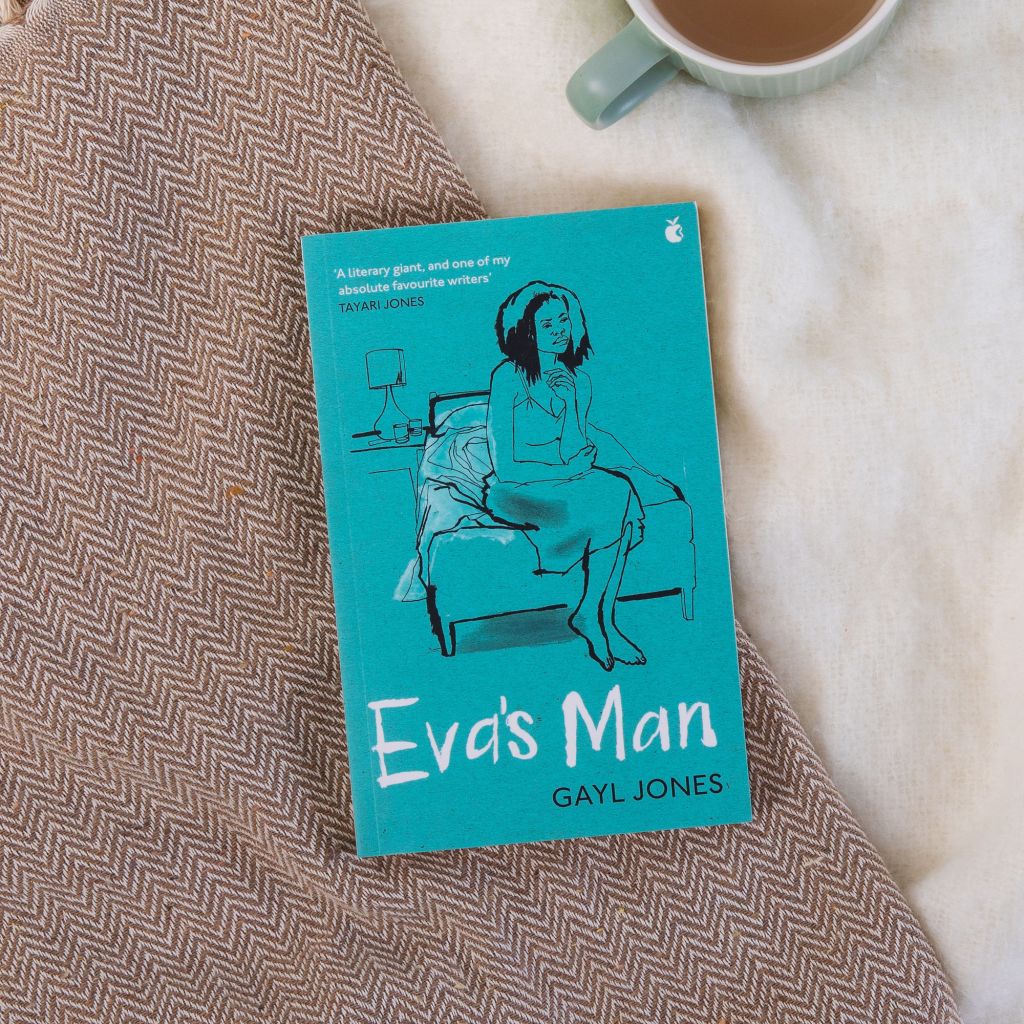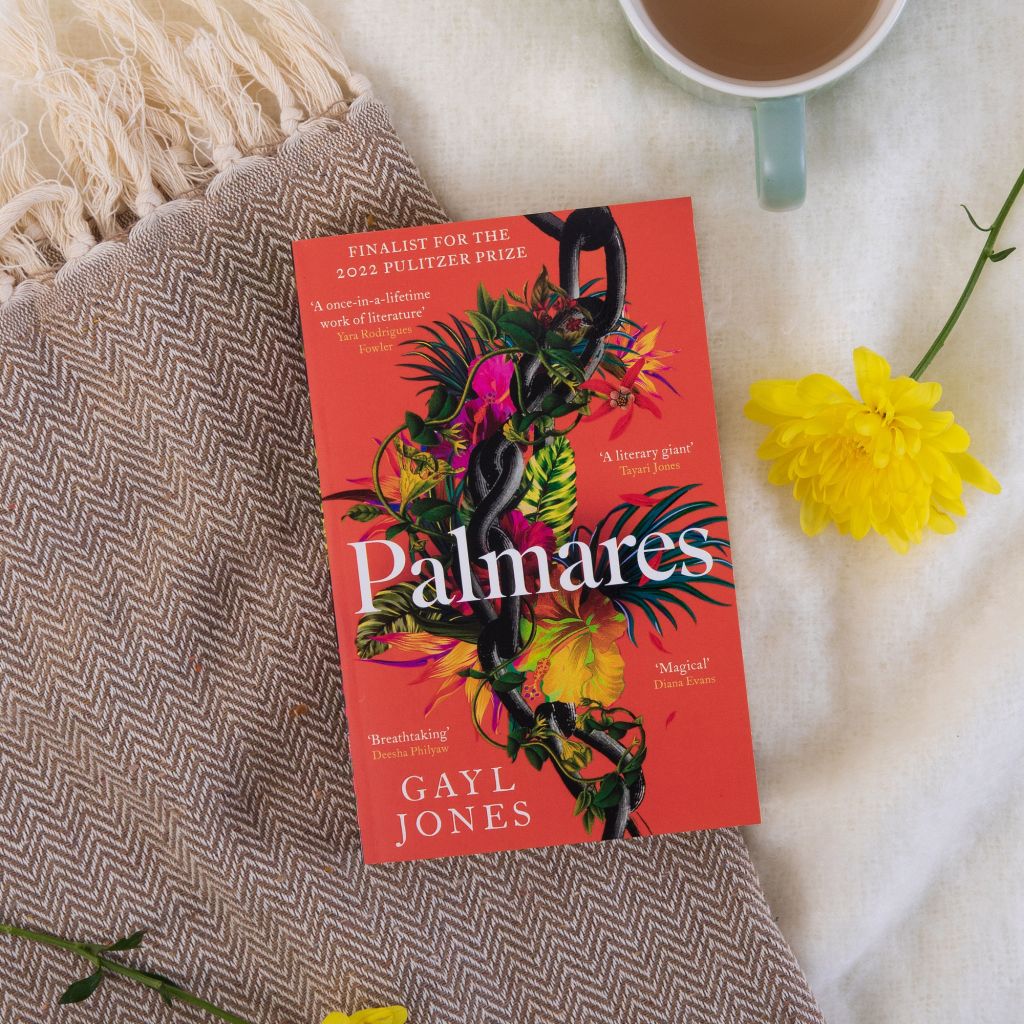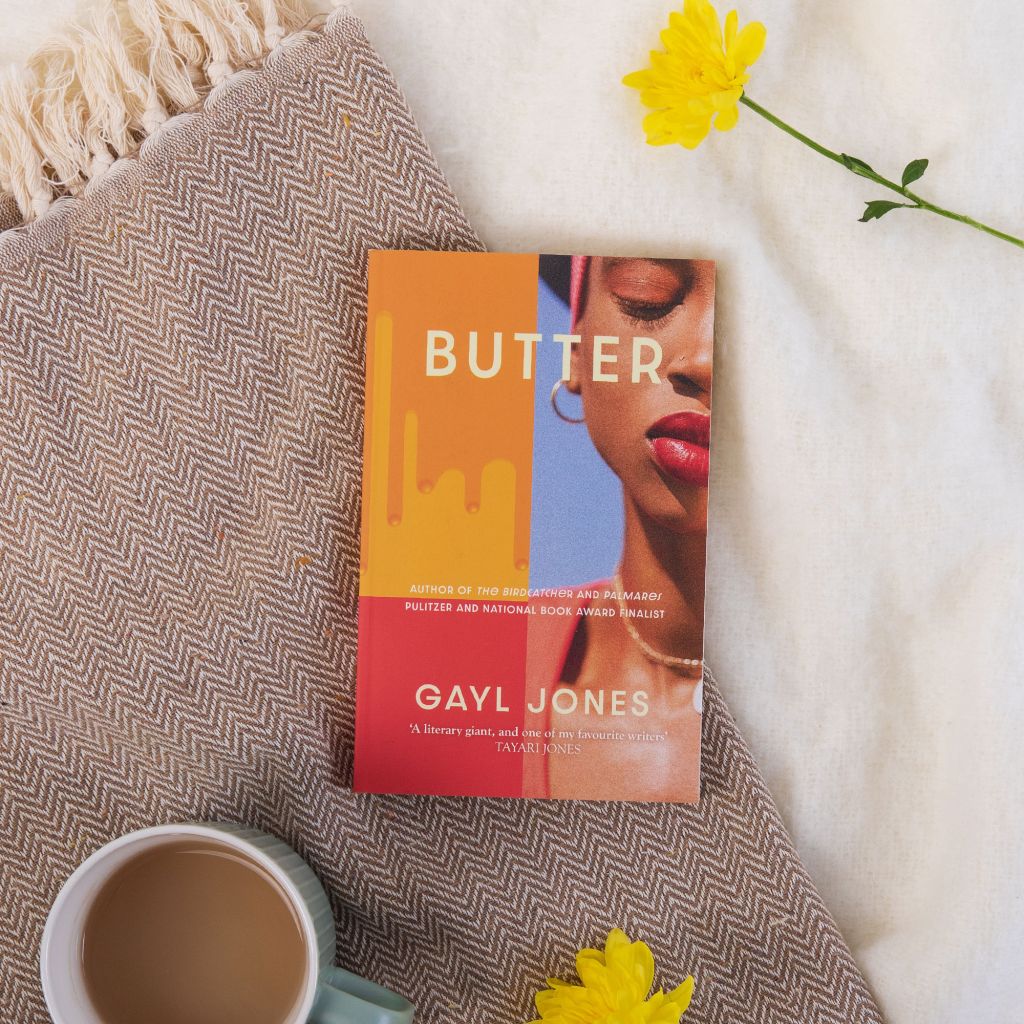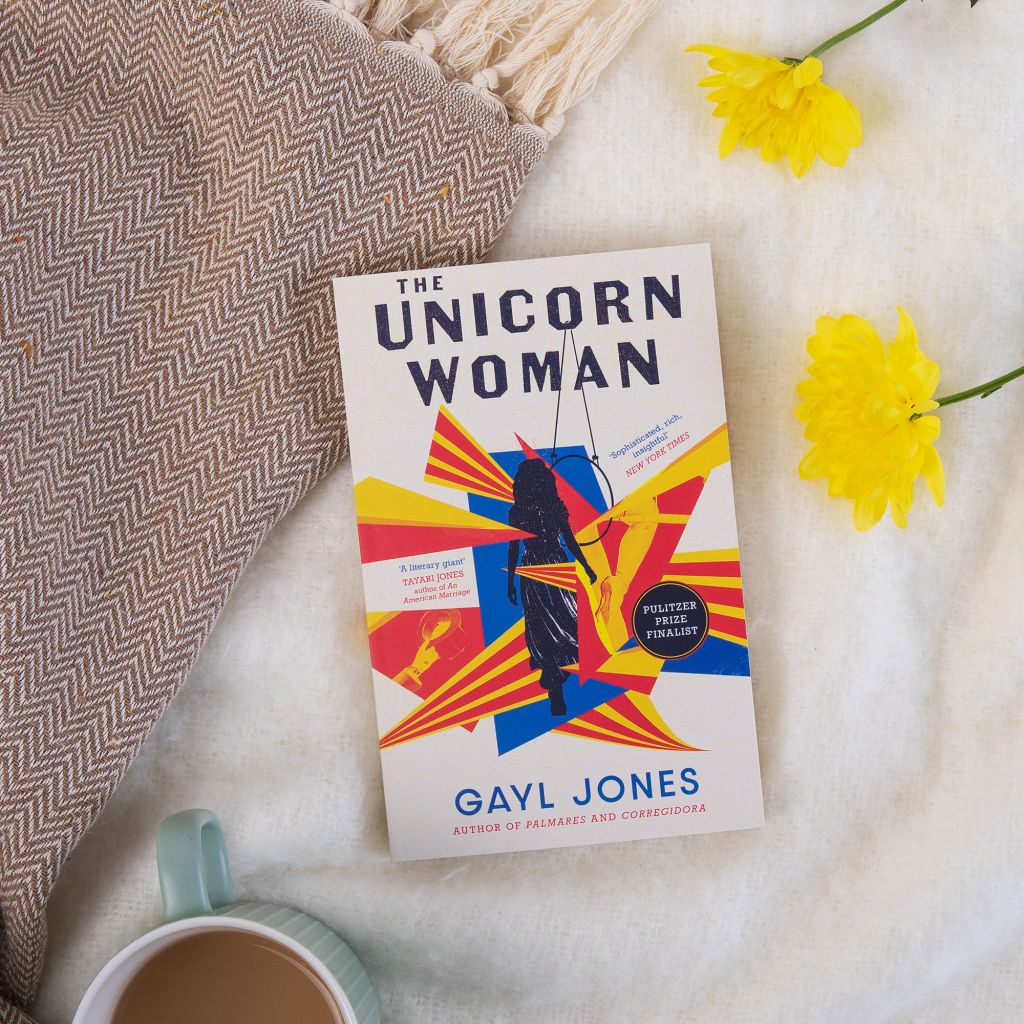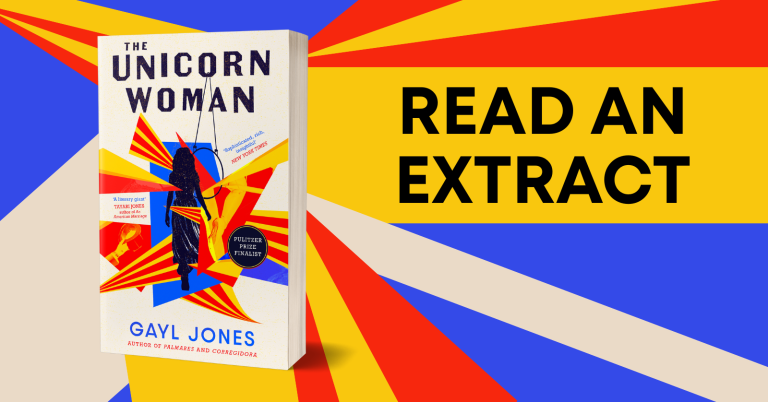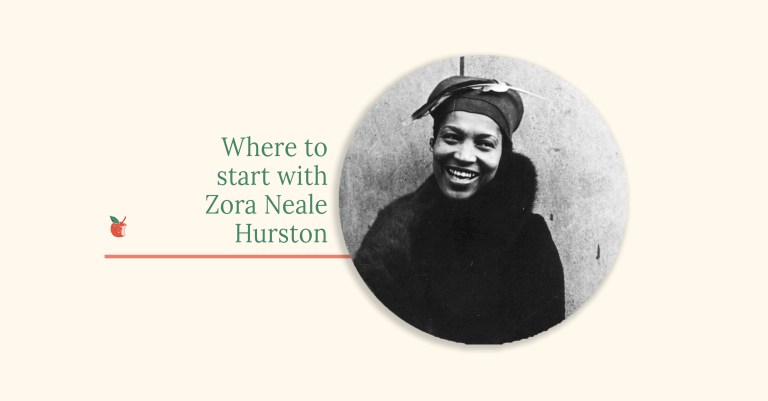Where to Start with Gayl Jones
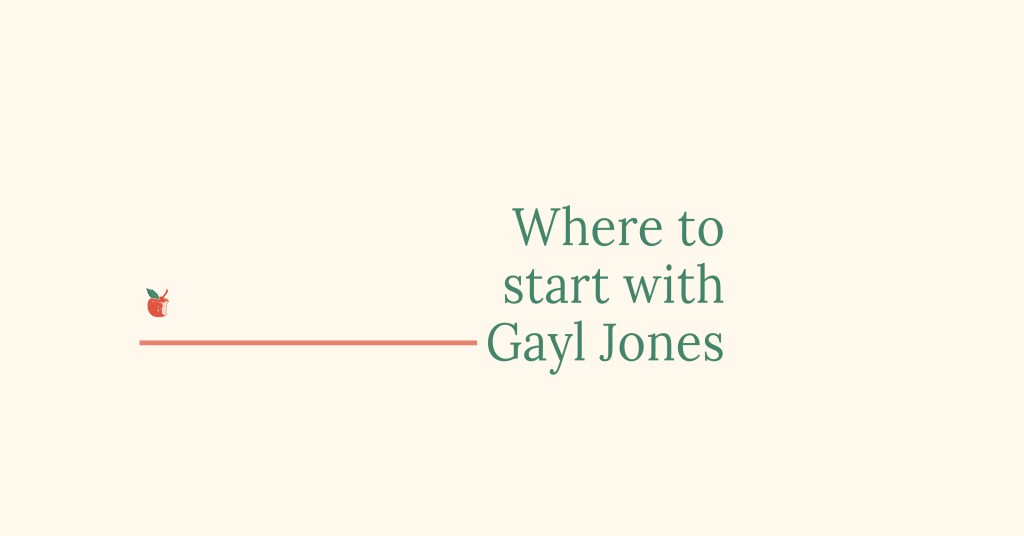

Gayl Jones (born 23 November 1949) is acclaimed as one of the great American writers of the last 50 years.
Jones published her debut novel, Corregidora (1975), at the age of 25. The book, edited by Toni Morrison, was met with critical acclaim and praised by leading intellectuals including James Baldwin and John Updike. Her second novel, Eva’s Man was not received with the same admiration and was dismissed by some critics for its raw depiction of cruelty and violence. After disappearing from view, Jones published two more novels in the late 1990s,The Healing and Mosquito—the former of which was shortlisted for the National Book Award. Then, following her husband’s widely reported suicide in 1998, Jones withdrew from public life, and once again stopped publishing.
Jones made a triumphant return to the literary scene in 2021, with the publication of Palmares, her first novel in 22 years, which was a finalist for the Pulitzer Prize. Imani Perry hailed Jones as ‘one of the most versatile and transformative writers of the 20th century‘, in an article written for the New York Times Magazine to mark the publication of Palmares. In this article Perry goes on to detail the story surrounding Jones’s disappearance from the public eye, noting the mythology around Jones’s personal life and the way this is reflected through her work.
Since 2021, Virago has continued to proudly publish Gayl Jones’ new writing, including another prize-nominated novel, The Birdcatcher; a collection of short fiction, Butter; and a narrative poem, Song for Almeyda and Song for Anninho. With her most recent novel, The Unicorn Woman, chosen as a Pulitzer Finalist in 2025, it’s the perfect time to discover Jones’ ambitious, innovative and transformative work.
GAYL JONES READING GUIDE
Read on for a guide to the eight Gayl Jones books Virago publish, from oldest to newest.
CORREGIDORA
Probably Jones’s most famous novel, Corregidora is a breathtaking work of fiction exploring themes of race, generational trauma, domestic and sexual violence and the long repercussions of slavery. This novel paved the way for Toni Morrison’s Beloved and Alice Walker’s The Colour Purple. Upon publication in 1975, Corregidora was hailed as a masterpiece.
‘No novel about any black woman could ever be the same after this’ Toni Morrison
Blues singer Ursa is consumed by her hatred of Corregidora, the nineteenth-century slave master who fathered both her mother and grandmother. Charged with ‘making generations’ to bear witness to the abuse embodied in the family name, Ursa Corregidora finds herself unable to keep alive this legacy when she is made sterile in a violent fight with her husband. Haunted by the ghosts of a Brazilian plantation, pained by a present of lovelessness and despair, Ursa slowly and firmly strikes her own terms with womanhood.
Listen to the Backlisted Podcast episode on Corregidora here.
EVA’S MAN
Eva Medina Canada sits in her psychiatric ward, silent and unremorseful. She has murdered her lover and they want to know why.
Eva’s Man (1976), Jones’s second novel, is an intense, searing novel exploring the damage of racial and sexual violence. In Eva’s Man Gayl Jones explores themes of repression, manipulation and suffering – delving into the impacts of male violence on women’s lives.
Like Corregidora, Eva’s Man relies on minimalist dialogue and on interior monologues, but the latter play an even more important role here, letting the reader see Eva Medina Canada’s past and her descent into mental illness. The reader encounters Eva in a prison for the criminally insane at the beginning of the story, to which she has been committed for poisoning and castrating her lover. Her flashbacks reveal a life of relentless sexual objectification. The men she encounters regard her as sexual property and react with violence if she rejects their approaches.
‘Gayl Jones is one furious, lacerating writer. You don’t read her easily, and you can’t forget her at all . . . Hyper-real and traumatic as this novel is, it’s one that’s been waiting to be written since Samuel Richardson gave us the male point of view of Clarissa, that other fallen woman whose only acceptable alternative to ravishment was death. Eva’s silence, and her status here as legally insane, are eloquent testimony to the condition of being a woman in this man’s world’ Kirkus
THE HEALING
The Healing (1998) follows Harlan Jane Eagleton as she travels to small towns, converting sceptics, restoring minds and healing bodies. But before she found her calling as a faith healer, Harlan had been a minor rock star’s manager and, before that, a beautician. Harlan retraces her story to the beginning, when she once had a fling with the rock star’s ex-husband and found herself infatuated with an Afro-German horse dealer. Along the way she’s somehow lost her own husband, a medical anthropologist now traveling with a medicine woman across eastern Africa. Harlan draws us deeper into her world and the mystery at the heart of her tale: the story of her first healing.
PALMARES
An epic tale of love and liberation set in seventeenth-century colonial Brazil.
A 2022 Pulitzer Prize Finalist.
Longlisted for the Rathbones Folio Prize.
‘A once-in-a-lifetime work of literature, the kind that changes your understanding of the world’ Yara Rodriguez Fowler, Guardian
Palmares was first published in 2021 and was the first new novel Jones had published in more than 20 years.
‘Astonishingly rich in character and incident, filled with magic and mystery’ Sunday Times
From plantation to plantation, Almeyda, a young slave girl, hears whispers, rumours of Palmares, a hidden settlement where fugitive slaves live free. But can this promised land exist? And what price is paid for ‘freedom’?
In Palmares, Gayl Jones brings to life a world full of unforgettable characters, reimagining extraordinary historical events and combining them with mythology and magic. The result is a sweeping saga spanning a quarter of a century.
‘A story woven with extraordinary complexity, depth and skill’, Robert Jones, Jr, author of The Prophets
Of Gayl Jones, the New Yorker noted, ‘[Her] great achievement is to reckon with both history and interiority, and to collapse the boundary between them.’ Like nothing else before it, Palmares embodies this gift.
‘Intricate, mesmerizing and endlessly inventive and subversive’ Deesha Philyaw, author of The Secret Lives of Church Ladies
Click here to read an extract from Palmares.
THE BIRDCATCHER
Originally published in 1986 in translation, The Birdcatcher was published in English for the first time in 2022. The novel is a mediation on Black female creativity and, in the same vein as Palmares, explores themes of healing, magic and dreams.
‘Gayl Jones constructs a novel that is part mystery, part thriller, and wholly captivating . . . Jones is an outstanding writer . . . A shining segment of the American literary canon has been restored’ Kate Webb, Times Literary Supplement
The Birdcatcher was a finalist for the 2022 National Book Award.
‘A fascinating meditation on Black female creativity from the author of Corregidora and Palmares . . . Vivid characters shimmer through the pages’ Suzi Feay, Guardian
‘I am living on the white-washed island of Ibiza with my friend Catherine Shuger, a sculptor who has been declared legally insane, and her husband, Ernest. Standing on the terrace, sheltered in the smell of oranges and eucalyptus, washed in sunlight, you’d swear this was a paradise. But to tell the truth the place is full of dangers. You see, Catherine sometimes tries to kill her husband. It has been this way for years . . . My name’s Amanda Wordlaw. Wonderful name for a writer, isn’t it? . . . I guess I’m sort of a choice companion for the Shugers – professional watcher and listener that I am. It’s like they need someone else to witness the shit, the spectacle they make of themselves.’
‘With the plush scenery of a travelogue, the misshapen soul of a noir and the anarchic spirit of a trickster tale, this novel revolves around three Black American expatriates . . . Catherine is suspicious of Amanda’s intentions toward her husband, but, in Jones’s fearsome, fractured narrative, her potential for violence seems no more alarming than anything else that might befall these social outsiders’ New Yorker (Best books of 2022)
SONG FOR ALMEYDA AND SONG FOR ANNINHO
First published in 2022.
When the Portuguese attack Palmares, Brazil’s last fugitive slave enclave, Almeyda and her husband are separated as they flee from the destruction. Amid the flight and re-enslavement of the inhabitants, their narrative emerges.
Two powerful, epic poems give voice to the lovers: Almeyda’s passionate lament for Anninho, whom she believes has been killed, is combined with his response as he searches for her. Their story is one of longing – for each other, for freedom – and for revolution.
Click here to read an extract from Song for Anninho.
BUTTER
Gayl Jones’s long career began with her blistering 1975 debut, Corregidora, which was edited by Toni Morrison, and she is increasingly recognised as one of the great literary writers of the twentieth century. In this new collection of short fiction – published in 2023 – Jones’s unique talents are displayed in a range of settings and styles, from the hyper-realist to the mystical, in novella-length stories, intricate multi-part narratives and in compelling fragments.
‘Jones’s writing powerfully blends narrative and lyricism . . . Her imagination seems to thrive on outstripping one’s expectations’ Margo Jefferson
Endlessly inventive, challenging and surprising, Jones writes about our diverse world. Her characters are spies, photographers, baristas, cartoonists and revolutionaries; her settings are historical and contemporary, in Europe and the Americas. With sharp observation, wit and poignancy, Jones explores complex identities and unorthodox longings.
THE UNICORN WOMAN
With her inimitable eye for beauty, tragedy and humour, Jones offers a rich, intriguing exploration of the Black imagination in a time of frustration and hope. First published in 2024.
Pulitzer Prize for Fiction Finalist 2025
‘Intricate, mesmerising and endlessly inventive’ Deesha Philyaw
A cook and tractor repairman, Buddy was known as Budweiser to his army pals because he’s a wise guy. But underneath that surface, he’s a man on a quest: looking for religion, looking for meaning, looking for love.
Returning from the Second World War not to a hero’s welcome, but to the discrimination of the Jim Crow laws, Buddy stumbles across the Unicorn Woman, a carnival sideshow with a horn growing from her forehead, whose strange beauty he can’t forget.
As he drifts across the South, from Kentucky to Memphis, Buddy encounters a dazzling array of almost mythic characters: circus barkers, topiary trimmers, landladies who provide shelter and plenty of advice for their all-Black clientele, proto feminists and bigots – dreaming all the while of the unforgettable Unicorn Woman herself.
‘Her truth-telling, filled with beauty, tragedy, humour, and incisiveness, is unmatched’ Imani Perry
Click here to read an extract from The Unicorn Woman.


